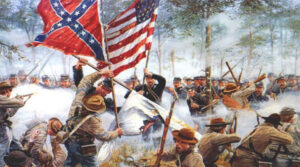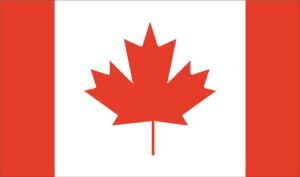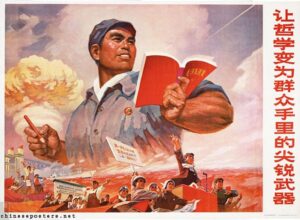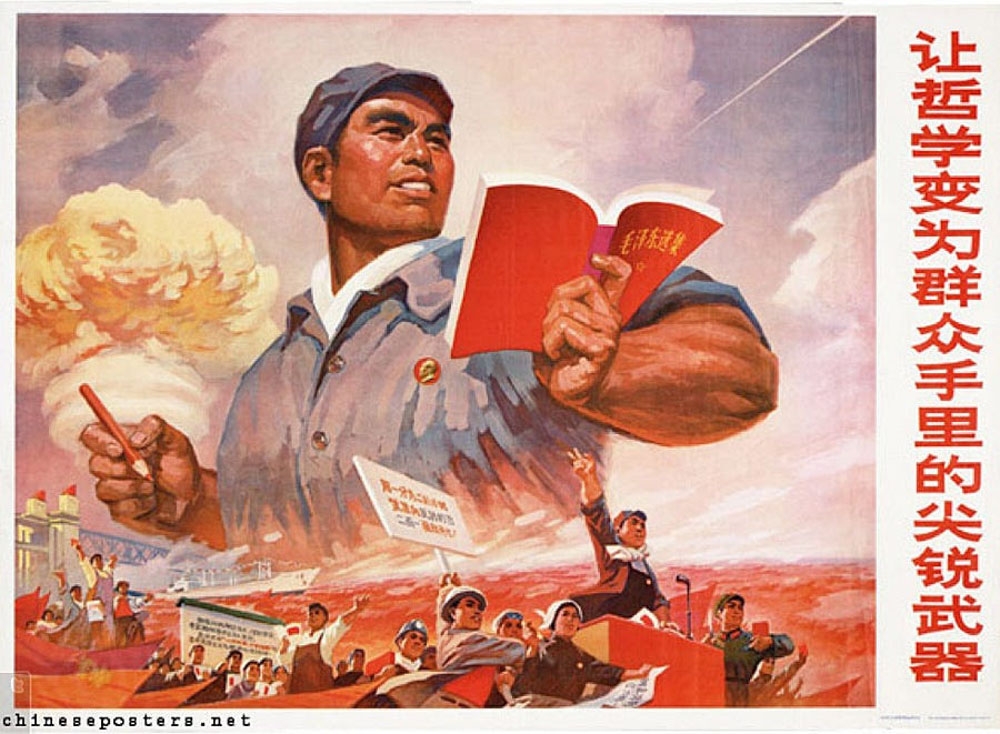Vaša košarica je trenutno prazna!
1863 – The Battle of Gettysburg Begins

On July 1, 1863, the Battle of Gettysburg began in Pennsylvania during the American Civil War. It was one of the largest and bloodiest battles in U.S. history. Over three intense days, more than 50,000 soldiers were killed, wounded, or missing. The battle marked a major turning point in favor of the Union forces against the Confederacy. General Robert E. Lee’s northern invasion was halted, and the Confederate army never fully recovered. Gettysburg became a powerful symbol of American sacrifice and resilience. Abraham Lincoln would later commemorate it in the Gettysburg Address, solidifying its place in national memory. Today, the battlefield is preserved as a national park and visited by millions.
1856 – Birth of Nikola Tesla

Nikola Tesla, one of the most brilliant inventors in history, was born on July 10, 1856, in Smiljan, then part of the Austrian Empire (modern-day Croatia). Some early sources misreport his birth as July 1, though most accept July 10. Tesla is best known for his pioneering work with alternating current (AC) electricity. He also invented the Tesla coil, experimented with wireless energy transmission, and contributed to radio technology. Despite his genius, Tesla died nearly penniless in 1943. His legacy has grown immensely in the 21st century, making him a modern scientific icon. Today, he is honored in technology, pop culture, and even in the name of the Tesla electric car company. His vision of wireless energy remains a subject of study and fascination.
1867 – Canada Becomes a Self-Governing Dominion

On July 1, 1867, the British North America Act officially created the Dominion of Canada. This united Ontario, Quebec, Nova Scotia, and New Brunswick under a federal government. The date is now celebrated as Canada Day, marking the birth of a new nation within the British Empire. It allowed Canada to manage its internal affairs while Britain retained control over foreign policy. Over time, other provinces and territories joined the Confederation. Canada’s full legislative independence came in 1982 with the Constitution Act. July 1 remains a defining moment in Canadian national identity. Celebrations include fireworks, parades, and public events across the country.
1921 – Founding of the Communist Party of China

On July 1, 1921, the Communist Party of China (CPC) was founded in Shanghai. The party began with only 13 delegates, including a young Mao Zedong. Despite its humble beginnings, the CPC eventually grew into the dominant political force in China. After decades of conflict and civil war, the party established the People’s Republic of China in 1949. Since then, the CPC has ruled the world’s most populous nation. It transformed China from a largely agrarian society into a global superpower. The CPC still celebrates July 1 as its founding day with major national ceremonies. Its early days remain central to understanding China’s modern political history.
1979 – Sony Releases the First Walkman

On July 1, 1979, Sony launched the first Walkman, forever changing how the world listened to music. This compact cassette player allowed people to enjoy music on the go, using lightweight headphones. It quickly became a global sensation and a symbol of the 1980s pop culture. The Walkman made personal, portable music a reality for the first time. It revolutionized the music industry and inspired later technologies like the Discman, iPod, and smartphones. Over 400 million units were sold worldwide in its lifetime. Its cultural impact still resonates in the way we consume audio today. The Walkman remains a landmark in technology and entertainment history.
1994 – Rwandan Genocide: Kibeho Massacre
On July 1, 1994, during the Rwandan Genocide, thousands of refugees were massacred in the Kibeho camp. The killings occurred amid ethnic violence between the Hutu and Tutsi populations. The camp was meant to be a UN-protected zone, but peacekeeping efforts failed tragically. Armed forces opened fire on unarmed civilians, including women and children. The Kibeho Massacre was one of the final atrocities of the genocide, which claimed over 800,000 lives. It shocked the world and exposed the limits of international intervention. The massacre is remembered as a warning about the dangers of ignoring early signs of mass violence. It remains a painful chapter in African and global history.
Want to dive deeper into ancient warfare? Don’t miss our articles on Timeline Stories.

